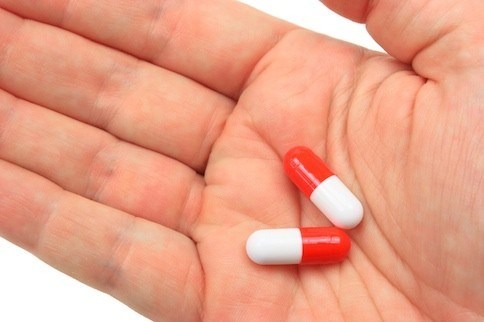Dietary Supplements: Not Always What They Claim
Americans spend billions of dollars each year on dietary supplements, touted to relieve everything that could possibly be wrong with you.
The National Institutes of Health’s Office of Dietary Supplements estimates that, in 2014, Americans spent nearly $37 billion on these products, with much of that money going toward products promising to help you lose weight, build muscles, increase sexual function and ease pain (among many others).
But increasingly, consumer advocates and regulators are warning that the marketing claims made by some of these products are questionable, if not patently false. Recently, federal regulators put the brakes on schemes by three Florida-based companies that they accused of deceptively marketing and selling dietary supplements, promising relief for a wide range of ailments.
According to the FTC’s complaint, NextGen Nutritionals, Strictly Health and Cyber Business Technology and their owners made false or unsubstantiated representations for five dietary supplements including BioMazing HCG Full-Potency Weight-Loss Drops, Hoodoba diet pills, Fucoidan Force (touted to fight cancer, HIV/AIDS and even high cholesterol), Immune Strong (claimed to be able to strengthen the immune system), and VascuVite (for blood pressure). Ads for the products appeared on a variety of websites.
The FTC took issue with a number of specific claims for each product, accusing the companies of making unsubstantiated claims, not backed by adequate scientific evidence, and accused the companies of posting a “Certified Ethical Site” seal on several of their websites, which directed consumers to “click to verify.” “Consumers who clicked on the seal were taken to another website claiming that defendants’ website had been verified as ‘ethical’ and ‘trustworthy’ by Ethical Site, ‘the most reliable evaluator of trust in the online marketplace,’” the FTC alleged. In fact, the agency noted, Ethical Site was not an independent third-party certification program, but was in fact owned and controlled by the company’s owners.
In addition to ordering the companies to cease and desist from making false or unsubstantiated claims, the company was ordered to pay $29,030 out of a total judgment of $1,344,173, after claiming they didn’t have the money to pay.
If you are thinking about taking a dietary supplement, the U.S. Food and Drug Administration urges you to think carefully, check with your physician and consider these tips:
Avoid “one product does it all” claims. Be suspicious of products that claim to cure a wide range of diseases, the FDA advises.
Be suspicious of personal testimonials, even from trusted celebrities. Success stories such as “It cured my diabetes” or “My tumors are gone” are easy to make up and are not a substitution for scientific evidence, the FDA notes on its website.
Watch for claims of quick fixes. Unfortunately, most diseases and conditions take time to treat, even with established products. If a product claims to do anything “in a few days,” it’s a red flag.
“All natural” doesn’t necessarily mean “safe.” Just because some things are found in nature doesn’t mean they’re safe to consume, yet unscrupulous marketers have successfully used this claim for years. In fact, products sold with this claim might include toxins, allergens or even ingredients found in prescription drugs.
“Miracle cures” usually aren’t. If someone really found a cure for the common cold or cancer, it would be all over the news, wouldn’t it? Avoid products that claim miraculous results or that the product has been purposely kept from public use.
Doubt claims that products are “FDA-approved.” “Domestic or imported dietary supplements are not approved by the FDA,” the agency advises on its website.
Source: ClarionLedger
“Dietary supplements not always what they claim”


